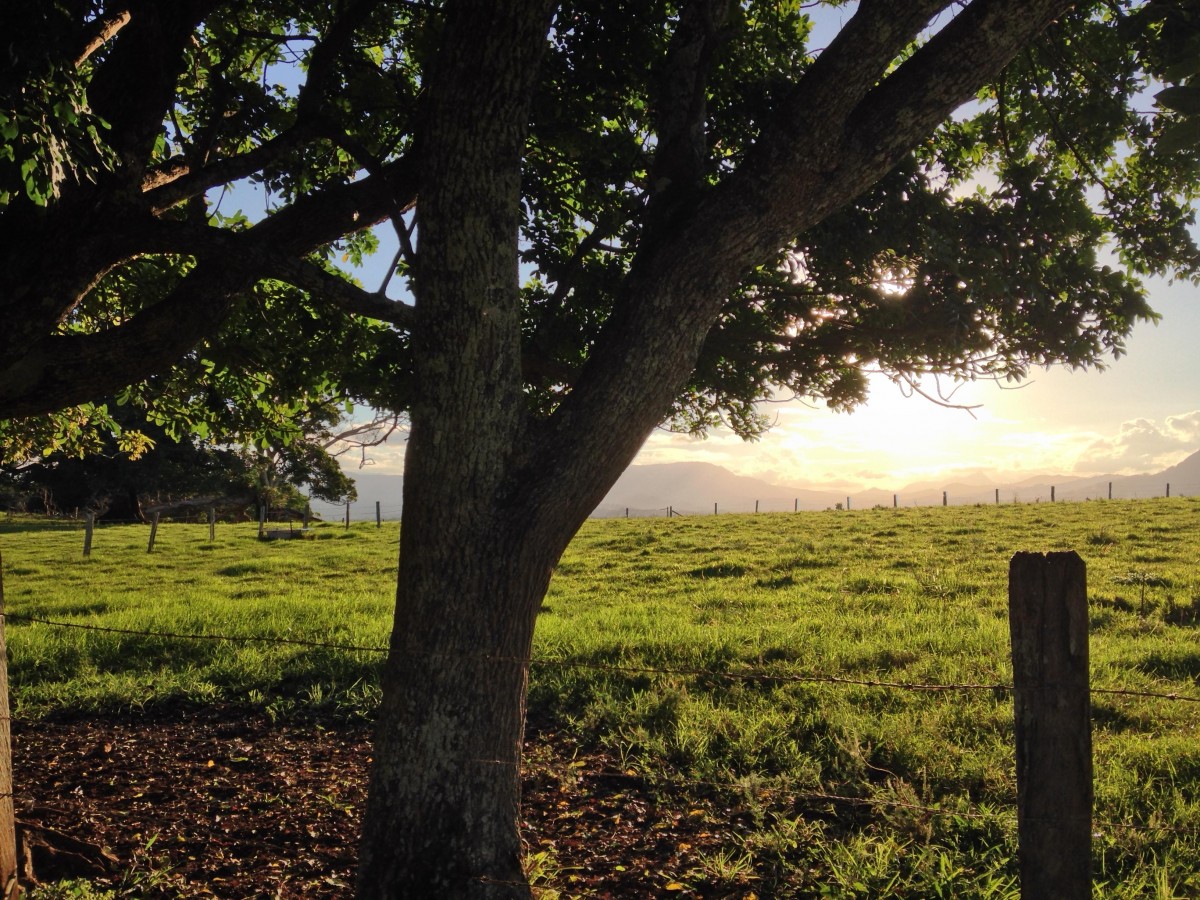August 19, 2024
By Gerelyn Terzo, Global AgInvesting Media
Silva Capital, a Sydney, Australia-based joint venture between private markets investment manager Roc Partners and C6 Investment Management, has lined up a trio of heavy hitters for its carbon credits fund. Mining groups Rio Tinto and BHP as well as airline Qantas have committed $80 million (US$53.8 million) to the Silva Carbon Origination Fund, which has reached its first close amid a fund target size of A$250 million (US$168.2 million). Given the carbon-intensive nature of the mining and airline sectors, Silva’s carbon credits fund will help move these companies closer to their greenhouse gas reduction targets across supply chains.
Silva Capital Co-Managing Director Raf Wood stated on LinkedIn, “Silva Capital Origination Fund is a major step in the journey towards providing carbon market participants and investors access to institutional grade financial carbon investment products. I am truly humbled today to have the support of three blue chip Australian companies in this endeavor, and look forward to working with other leading corporates and investors.”
According to the announcement, “Silva will originate and manage high-integrity Australian Carbon Credit Units (ACCUs) generated through land reforestation initiatives.” ACCUs are issued by the Australian Government Clean Energy Regulator to incentivize businesses and individuals to support projects that lower carbon emissions.
Silva’s fund will target agricultural land in Australia through which it will develop large-scale carbon sequestration projects by reforesting cleared areas while keeping farming production intact. Silva is looking to strike a balance between agricultural productivity and environmental stewardship with a view toward both economic and ecological sustainability.
Silva Capital’s fund is open to corporate and institutional investors desiring what it describes as “attractive risk-weighted returns” as well as companies in need of meaningful carbon credit units to support their decarbonization goals while meeting regulatory standards. By targeting the Australian market at the onset, the fund will pursue a carbon credit creation strategy through which it will back high-integrity projects that join food and fiber production with carbon sequestration to deliver greater scale to the industry at large.
Sustainable investing has been coming into its own of late, offering institutions more opportunities for portfolio diversification. According to Roc Partners, larger swaths of capital are now being invested in the carbon farming and sustainable forestry sectors. The Australian government’s Safeguard Mechanism mandates that the country’s biggest greenhouse gas emissions entities reduce their carbon footprints commensurate with its targets, including net zero emissions by 2050. With many low-carbon technologies still in the early innings, businesses are increasingly turning to carbon credits as the solution.
Rio Tinto Chief Decarbonization Officer Jonathon McCarthy explained, “[Our] investment in the Silva Carbon Origination Fund helps us meet our compliance obligations with high-integrity carbon credits. We also believe it is important to enable more carbon projects that partner with farmers and local communities to integrate agriculture with nature repair.”
Qantas Chief Sustainability Officer Andrew Parker stated: “[High]-integrity carbon projects will play a critical role to help us progress our climate targets as aviation continues to be a difficult sector to decarbonize. Our investment in the Silva Carbon Origination Fund will help to meet our compliance obligations and progress our climate targets with verifiably high-integrity carbon credits. Importantly, the fund will help to scale quality, nature-based carbon credits in the Australian market with social and economic benefits for local communities.”
BHP Vice President Climate Graham Winkelman said: “The investment in the Silva Carbon Origination Fund is aligned with BHP’s integrity standards on carbon credits, which prioritizes nature-based solutions and carbon removal…We anticipate a role for carbon credits as part of achieving our 2050 goal for net zero Scope 1 and Scope 2 GHG emissions from our operations, and to meet compliance obligations under the Safeguard Mechanism Act.”
*The content put forth by Global AgInvesting News and its parent company HighQuest Partners is intended to be used and must be used for informational purposes only. All information or other material herein is not to be construed as legal, tax, investment, financial, or other advice. Global AgInvesting and HighQuest Partners are not a fiduciary in any manner, and the reader assumes the sole responsibility of evaluating the merits and risks associated with the use of any information or other content on this site.

Let GAI News inform your engagement in the agriculture sector.
GAI News provides crucial and timely news and insight to help you stay ahead of critical agricultural trends through free delivery of two weekly newsletters, Ag Investing Weekly and AgTech Intel.




